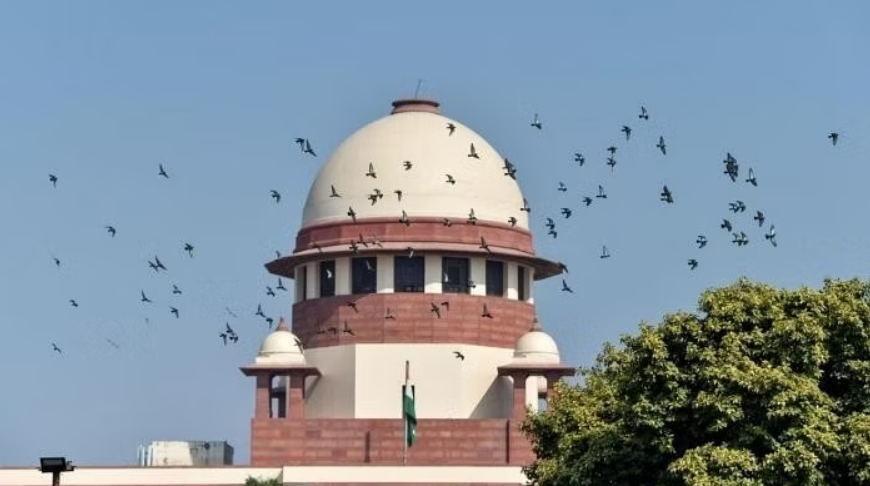Benefit enjoyed by bank staff in form interest free loans taxable, says Supreme Court
deccanherald.com
India
09-05-2024
Share

A bench of Justices Sanjiv Khanna and Dipankar Datta also noted that the fixation of SBI’s rate of interest as the benchmark is neither an arbitrary nor unequal exercise of power, as the rule-making authority has not treated unequal as equals.
New Delhi: The Supreme Court has said the benefit enjoyed by bank employees from loans free from interest or at a concessional rate is a unique advantage enjoyed by them. This is in the nature of a ‘perquisite’, and thus is liable to taxation under the Income Tax Act.
A bench of Justices Sanjiv Khanna and Dipankar Datta also noted that the fixation of SBI’s rate of interest as the benchmark is neither an arbitrary nor unequal exercise of power, as the rule-making authority has not treated unequal as equals.
"Commercial and tax legislations tend to be highly sensitive and complex as they deal with multiple problems and are contingent. This court would not like to interfere with the legislation in question, which prevents possibilities of abuse and promotes certainty," the bench said.
The court also held the provisions are not iniquitous, draconian or harsh on the taxpayers.
"A complex problem has been solved through a straitjacket formula, meriting judicial acceptance," the bench said.
The top court dismissed petitions filed by All India Bank Officers Federation and others on the ground of excessive and unguided delegation of essential legislative function to the Central Board of Direct Taxes.
The petitioners also challenged the provisions as arbitrary and violative of Article 14 of the Constitution for it treated the prime lending rate of SBI as the benchmark instead of the actual interest rate charged by the bank from a customer on a loan.
"By fixing a single clear benchmark for computation of the perquisite or fringe benefit, the rule prevents ascertainment of the interest rates being charged by different banks from the customers and, thus, checks unnecessary litigation," the bench noted
In its judgment on May 7, the court upheld the validity of Section 17(2)(viii) of the Income Tax Act, 1961 or Rule 3(7)(i) of the Income Tax Rules, 1962.